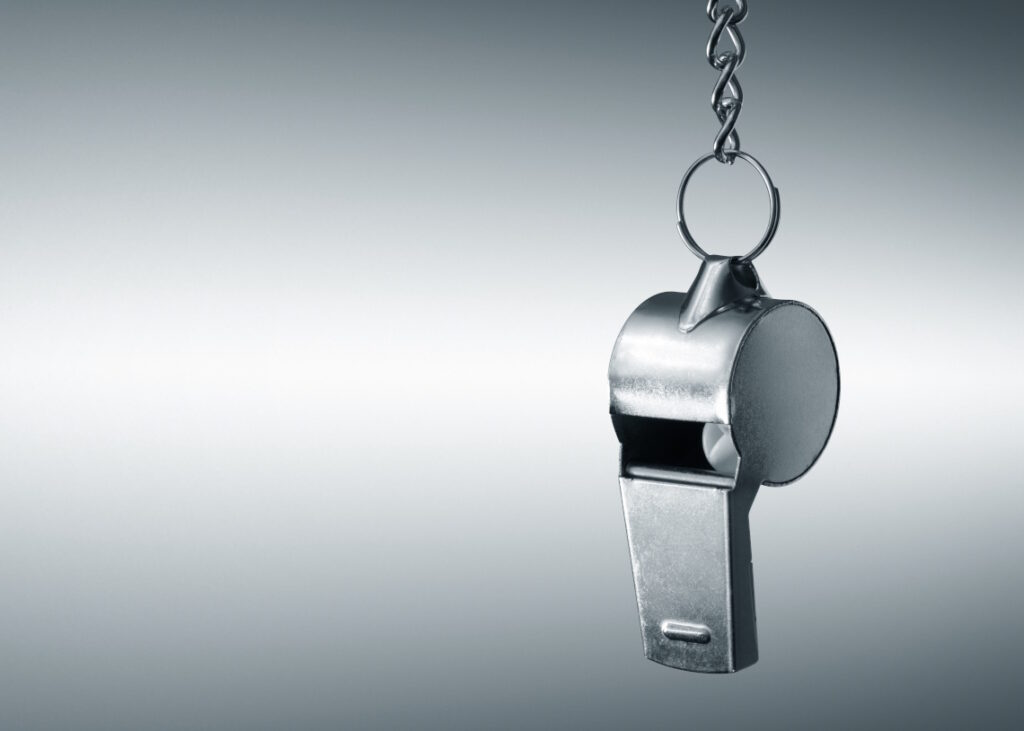
It’s widely understood that whistleblowers are protected so that they aren’t penalised in any way for coming forward. They also have a separate right not to be dismissed for having made a protected disclosure – any such dismissal is automatically unfair. But is the motive of the decision maker relevant when looking at these cases?
Royal Mail v Jhuti – whistleblowing unfair dismissal case
The dismissing officer in this case was unaware of the whistleblowing. But someone in the background who was motivated by the whistleblowing was manipulating the situation. The Supreme Court held you could look behind the motive of the decision maker and found the employee was automatically unfairly dismissed for whistleblowing.
Williams v Lewisham & Greenwich NHS Trust – whistleblowing detriment case
The Claimant was a consultant. She had raised concerns about the abandonment of draft guidelines. She also criticised her colleague, Dr E, for failing to hand over at the end of a shift. An altercation occurred between the Claimant and Dr E some weeks later. The Claimant was suspended – twice. She was eventually given a written warning for providing a misleading account of the altercation. She claimed detriment on grounds of having made protected disclosures.
Her claim failed. The tribunal held that the lack of hand over was a protected disclosure. The protected disclosure did not lead to the detriments. The decision makers in her two suspensions and written warning did not know about the protected disclosure. They were focused on the altercation between the Claimant and Dr E.
The EAT agreed with the tribunal. The tribunal had been correct to hold that, in whistleblowing detriment claims, you should not look behind the motive of the decision maker. In a whistleblowing detriment case you can bring a separate claim against the individual ‘puppeteer’ in the background if there is one. In dismissal cases like Jhuti, you cannot claim against any background individual.
If you enjoyed this blog then perhaps you’d like to sign up to our monthly newsletter. We’ll keep you updated on what’s new in employment law.
The team at Hunter Law is here for you. We can handle your HR issues, finesse your policies, and keep you up-to-date on evolving legislation. Please get in touch with our legal team, we’d love to help.

